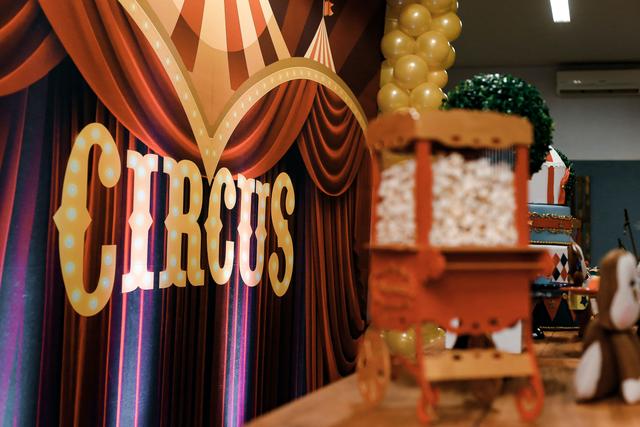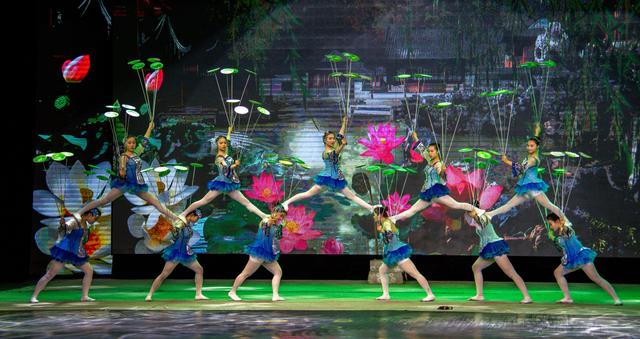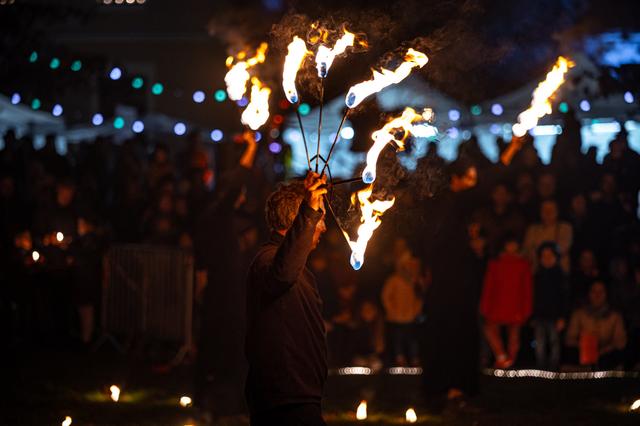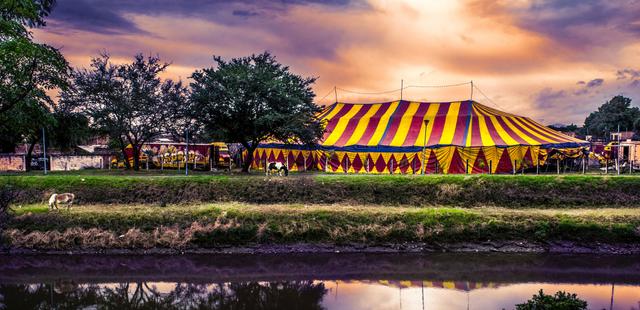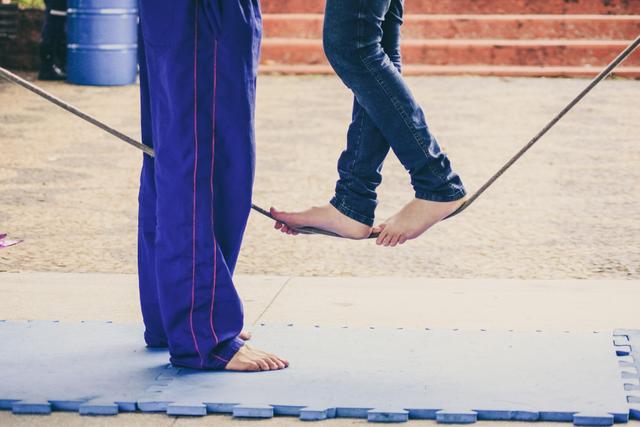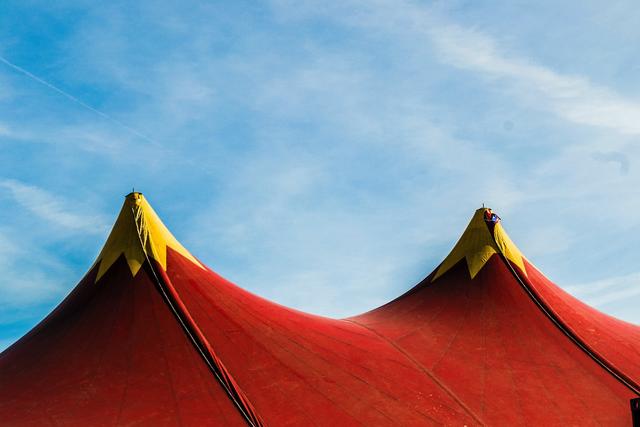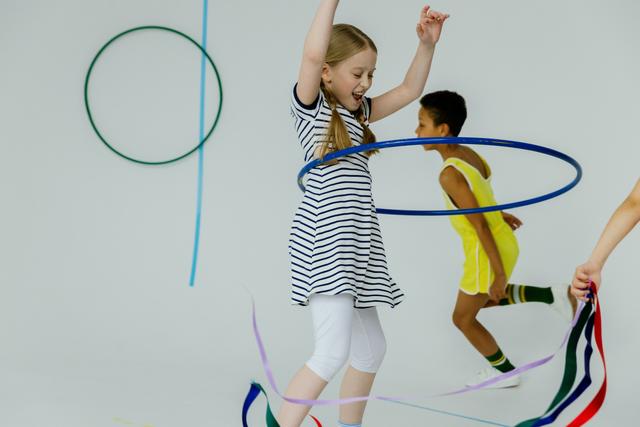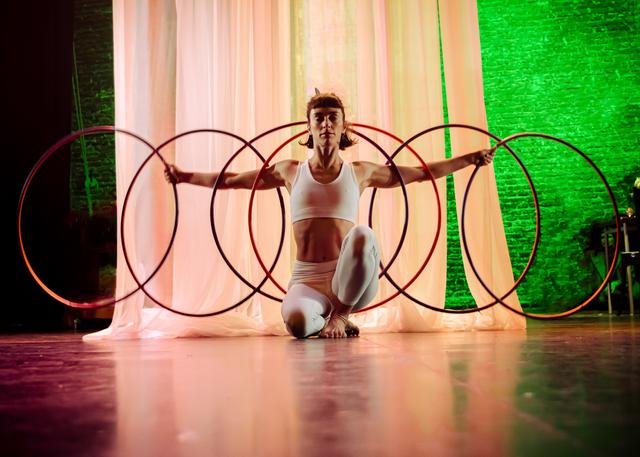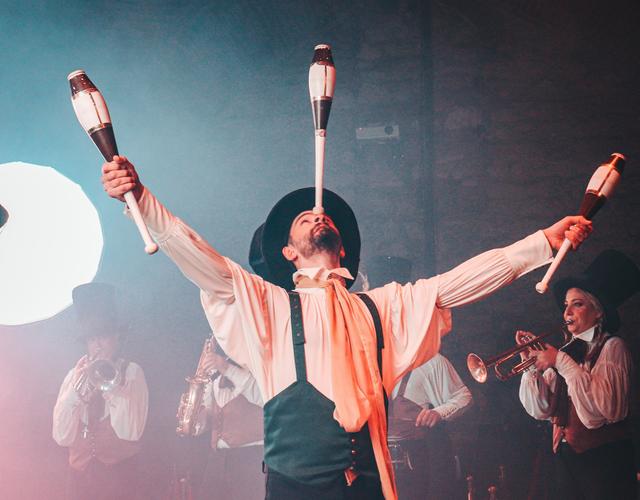Circus Articles
Circus For Kids In The UK
Circus for kids in the UK has long been a captivating activity, providing young ones with an extraordinary outlet to engage, entertain, and challenge themselves in unique ways. From its historical roots in the 18th century to the modern-day spectacle, circus activities have evolved to become a dynamic part of British culture, especially appealing to the younger generation. The first circus in the UK, established by Philip Astley in London, laid the groundwork for what would become a beloved pastime and a formative art form. Over the years, the evolution of circus acts has expanded to include not just traditional acrobatics and clowning but also modern performances like aerial silks and juggling, all adapted for children's participation and enjoyment.
In today’s UK, numerous dedicated circus schools and youth programmes exist, specifically tailored to nurture a child’s coordination, artistic expression, and performance skills. These institutions are environments where children can safely learn and hone a diverse range of circus disciplines. The vibrant community surrounding circus arts in the UK ensures that all interested kids have a place to start, regardless of their previous experience or background. Participants are not only introduced to the technical aspects of various circus acts but are also immersed in an environment that cherishes creativity, expression, and collaboration.
Engaging in circus training offers children a platform to step out of their comfort zones and into a space where the extraordinary becomes possible. With each session, they extend their physical and artistic boundaries, while also having an immense amount of fun. Each act, whether it’s balancing on a tightrope or spinning through the air on silks, teaches valuable lessons beyond physical skills; it instils discipline, focus, and a sense of accomplishment.
The abundance of circus activities available today mirrors the rich history and cultural significance of the circus in the UK. A child’s journey through the wondrous world of circus can begin as early as age three, with programmes designed to match their developmental stages and interests. As they grow and their skills advance, so do the opportunities within the thriving UK circus community, where every child is encouraged to shine, whether they're behind the scenes or in the spotlight.
Circus for kids in the UK represents more than just an activity; it is a passage into a world where every step is an adventure, and every success, a celebration of what it means to be young and full of dreams in the thrilling world of circus.
The Benefits of Circus
Circus activities not only enchant and entertain but also offer substantial health benefits for children. Engaging in circus training enhances physical fitness as it involves various demanding exercises that promote muscular strength, flexibility, and cardiovascular health. Moreover, the diverse nature of circus skills from juggling to trapeze acts improves coordination, agility, and overall body balance, crucial elements in physical development.
Mentally, the circus provides a fertile platform for psychological growth. Children learn to set goals, develop resilience through practice, and achieve new feats, boosting their confidence and self-esteem. The problem-solving nature of mastering circus acts like balancing or sequence memorization also sharpens focus and cognitive functions.
Socially, participating in circus classes encourages teamwork. As children work together to perfect routines or assist each other in learning new tricks, they develop communication and interpersonal skills. This collaborative environment fosters friendships and teaches children the value of trust and cooperation, all within the joyous atmosphere of the circus setting.
FAQs
Q1: At what age can children start participating in circus schools in the UK? A: Children can begin circus training as young as three years old in many circus schools across the UK. The ideal starting age can vary depending on the child’s level of concentration and physical ability.
Q2: What are the types of circus acts that children can learn in the UK? A: Children in the UK can engage in a variety of circus acts including acrobatics, juggling, trapeze, aerial silks, unicycling, tightrope walking, and clowning. These activities help enhance their physical agility and coordination.
Q3: How can I ensure the safety of my child in a circus school? A: When choosing a circus school, it’s vital to ensure that the school adheres to strict safety standards and guidelines. Reputable circus schools in the UK are committed to maintaining a safe learning environment, equipped with professional instructors and safety equipment.
Q4: What is the recommended frequency for children to attend circus classes? A: The frequency of circus classes largely depends on the child's interest and other commitments. Most schools offer flexible schedules ranging from weekly classes to more sporadic workshops or holiday camps, accommodating different needs and lifestyles.
Q5: Are there any financial aid options available for circus training in the UK? A: Yes, there are financial assistance options and scholarships available for children wishing to pursue circus training but facing financial constraints. These aids are typically provided by various organisations and charities, and might require an application detailing the child’s need and potential.
